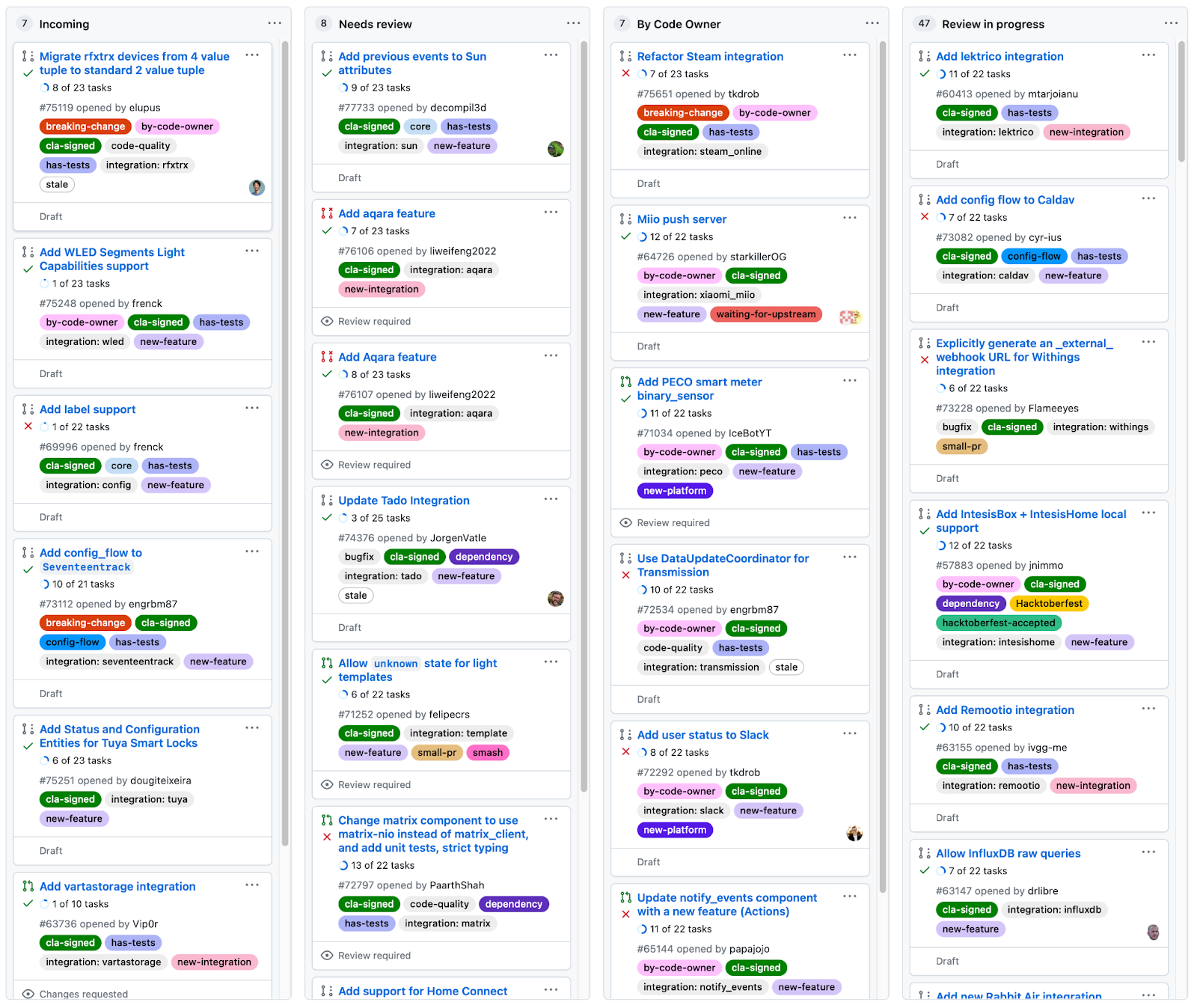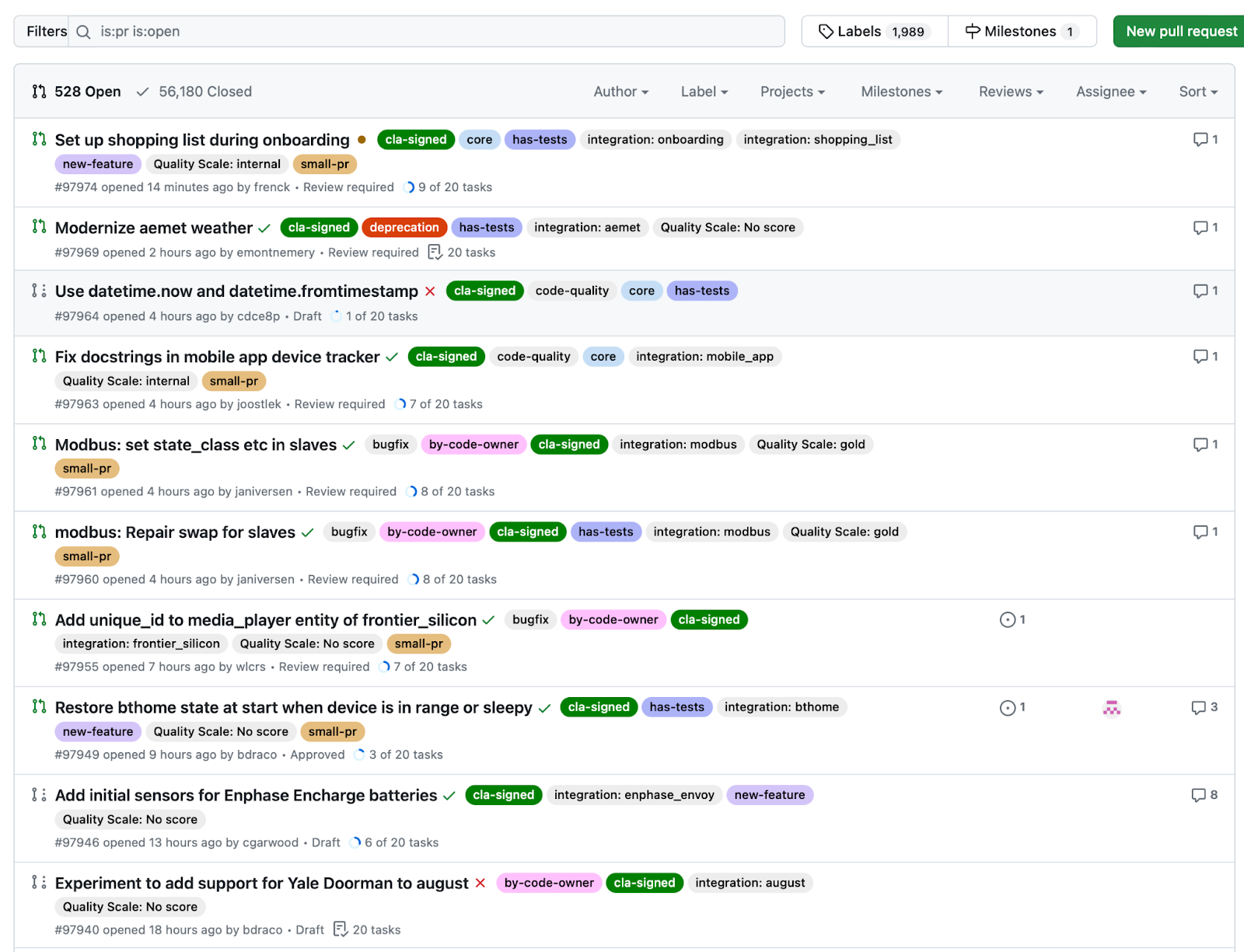GitHub
Contribute to GitHub
Steps to contribute your changes / patches in open source repository.
Preparing your Fork
1. Hit 'fork' on Github, creating e.g. yourname/theproject
2. Clone your project:
git clone git@github.com:yourname/theproject3. Create a branch:
cd theproject
git checkout -b foo-the-bars 3.5.Making your Changes
1. Add changelog entry crediting yourself.
2. Write tests expecting the correct/fixed functionality; make sure they fail.
3. Hack, hack, hack.
4. Run tests again, making sure they pass.
5. Commit your changes:
git commit -m "Foo the bars"Creating Pull Requests
1. Push your commit to get it back up to your fork:
git push origin HEAD2. Visit Github, click handy “Pull request” button that it will make upon noticing your new branch.
3. In the description field, write down issue number (if submitting code fixing an existing issue) or describe the issue + your fix (if submitting a wholly new bugfix).
4. Hit ‘submit’! And please be patient - the maintainers will get to you when they can.
GitHub Project
GitHub offers multiple tools to manage and plan your work. For example, GitHub Projects is a flexible tool for tracking and managing work on GitHub. You can use Projects to create an adaptable spreadsheet, task-board, and road map which integrates with your issues and pull requests. With GitHub projects, you can filter, sort, and group your issues and pull requests and customize to fit your team’s workflow. Projects can be created in a repository, and then issues can be added to them.
GitHub Issues
GitHub Issues is a part of GitHub Projects, and it provides a way to track tasks that you need to complete. An issue can be a bug, a feature request, or a housekeeping task (like upgrading a library to the latest version). Issues can have extensive text and descriptions attached to them, including screenshots and snippets of code. Issues can be discussed, commented on, assigned to people, and tagged.
Tip: 當完成指定 issue 的修復後,可以在執行git commit時的訊息內容中,包含 #+Issue NO. 例如:
Fixed this bug #156
Resources
- A Quick Guide to Using GitHub for Project Management
- This article provides a brief overview of project management tools on GitHub.
- GitHub for project management
- This lesson offers detailed descriptions of GitHub’s project management tools.
- Using GitHub as your Project Management Tool
- This video provides examples on GitHub project management tools.
- GitHub Issues: Project Planning for Developers
- This GitHub page shows the many project management tools available for developers.


